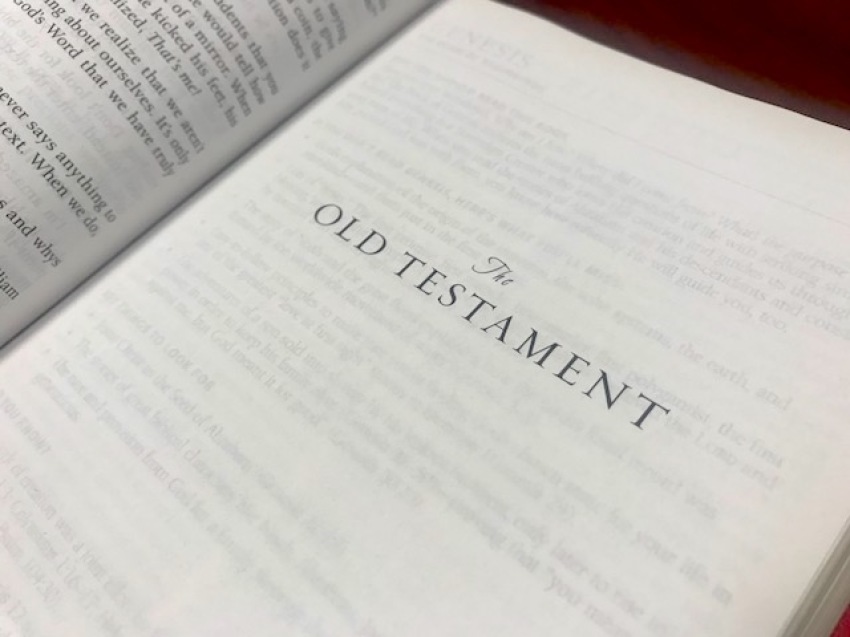Al Mohler Denounces NY Times Column Claiming Leviticus Doesn't Condemn Gay Sex

Albert Mohler Jr., president of The Southern Baptist Theological Seminary in Louisville, Kentucky, has taken issue with a recent New York Times column claiming that Leviticus does not condemn homosexual activity.
Harvard scholar Idan Dershowitz argued in an opinion piece published Sunday that Leviticus 18:22, which prohibits gay sex, was added in the Old Testament long after it was first written.
"Like many ancient texts, Leviticus was created gradually over a long period and includes the words of more than one writer," wrote Dershowitz.
"Many scholars believe that the section in which Leviticus 18 appears was added by a comparatively late editor, perhaps one that worked more than a century after the oldest material in the book was composed. An earlier version of Leviticus, then, may have been silent on the matter of sex between men."
Dershowitz went on to argue that "there is good evidence that an earlier version of the laws in Leviticus 18 permitted sex between men."
"In addition to having the prohibition against same-sex relations added to it, the earlier text, I believe, was revised in an attempt to obscure any implication that same-sex relations had once been permissible," continued Dershowitz.
In a rebuttal posted to his website on Monday, Mohler argued that "Dershowitz's entire argument is imagination disguised as scholarship."
"Every single text in the Bible that speaks of same-sex sexual desire and same-sex sexual behaviors condemns them," wrote Mohler.
"For Christians, the most significant realization is that the crucial moral teachings of the Old Testament Holiness Code that are binding upon us are repeated, and often amplified, in the New Testament. Christians may eat shrimp without sin, for example, but are fully bound by laws against any sexual activity outside of marriage, the covenant union of one man and one woman."
Mohler also observed that "moral revolutionaries" who reject Leviticus' teaching on homosexuality "still insist that they want to retain some of the prohibitions of Leviticus 18 — prohibitions against incest and bestiality, for example."
"But, for how long? The modern secular reduction of moral concern to 'consent' would indicate that these prohibitions cannot last for long," continued Mohler.
Michael Brown, author of Saving a Sick America: A Prescription for Moral and Cultural Transformation, similarly argued that "every reference to homosexual practice in the Bible is categorically negative."
He added, "There is no textual evidence – not the slightest linguistic clue of any kind – that Leviticus 18:22 was added later to this chapter."
In recent years, some theologians have argued that the Bible's condemnations of homosexual behavior are misinterpreted and only apply to same-sex rape as opposed to consensual sexual activity.
However, many maintain that the Bible, especially the Old Testament, condemns all same-sex sexual activity and not just rape or male prostitution.
In 2011, the Committee on Bible Translation released the latest New International Version of the Bible. Among the changes made to the translation, verses denouncing homosexuality were made clearer.
For example, Leviticus 18:22, which reads "Do not lie with a man as one lies with a woman," was changed to, "Do not have sexual relations with a man as one does with a woman."



























